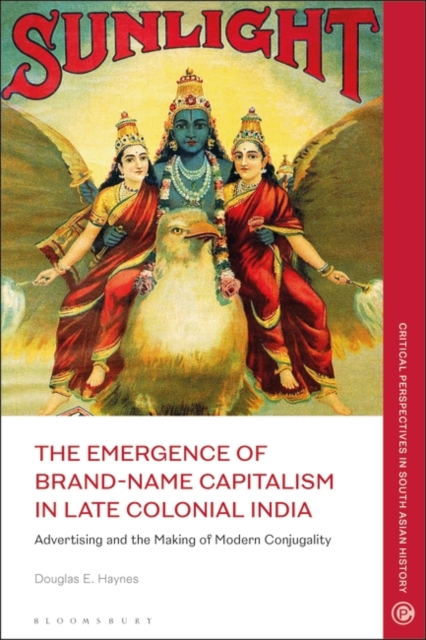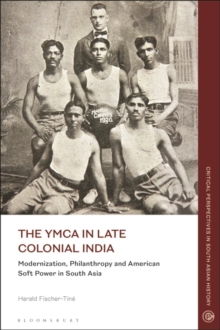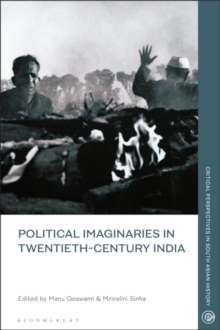
The Emergence of Brand-Name Capitalism in Late Colonial India : Advertising and the Making of Modern Conjugality Paperback / softback
by Douglas E. (Dartmouth College, USA) Haynes
Part of the Critical Perspectives in South Asian History series
Paperback / softback
- Information
Description
This book examines the emergence of professional advertising in western India during the interwar period.
It explores the ways in which global manufacturers advanced a ‘brand-name capitalism’ among the Indian middle class by promoting the sale of global commodities during the 1920s and 1930s, a time when advertising was first introduced in India as a profession and underwent critical transformations. Analysing the cultural strategies, both verbal and visual, used by foreign businesses in their advertisements to capture urban consumers, Haynes argues that the promoters of various commodities crystalized their campaigns around principles of modern conjugality.
He also highlights the limitations of brand-name capitalism during this period, examining both its inability to cultivate markets in the countryside or among the urban poor, and its failure to secure middle-class customers.
With numerous examples of illustrated advertisements taken from Indian newspapers, the book discusses campaigns for male sex tonics and women’s medicines, hot drinks such as Ovaltine and Horlicks, soaps such as Lifebuoy, Lux and Sunlight, cooking mediums such as Dalda and electrical household technologies.
By examining the formation of ‘brand-name capitalism’ and two key structures that accompanied it- the advertising agency and the field of professional advertising- this book sheds new light on the global consumer economy in interwar India, and places developments in South Asia into a larger global history of consumer capitalism.
Information
-
Out of StockMore expected soonContact us for further information
- Format:Paperback / softback
- Pages:328 pages, 90 bw illus
- Publisher:Bloomsbury Publishing PLC
- Publication Date:18/04/2024
- Category:
- ISBN:9781350278073
Information
-
Out of StockMore expected soonContact us for further information
- Format:Paperback / softback
- Pages:328 pages, 90 bw illus
- Publisher:Bloomsbury Publishing PLC
- Publication Date:18/04/2024
- Category:
- ISBN:9781350278073



